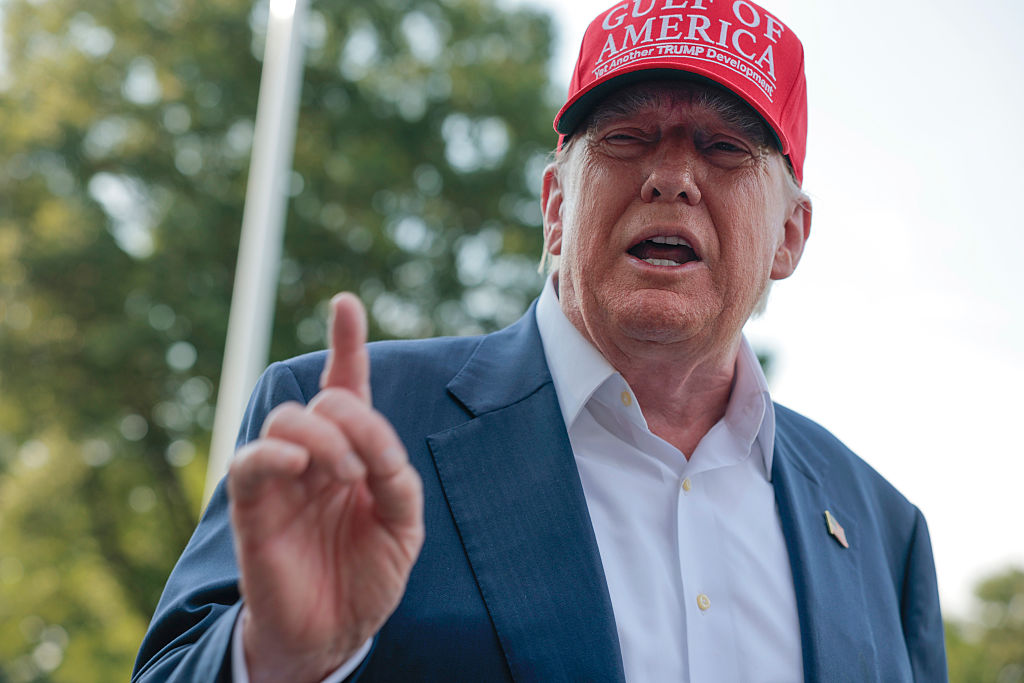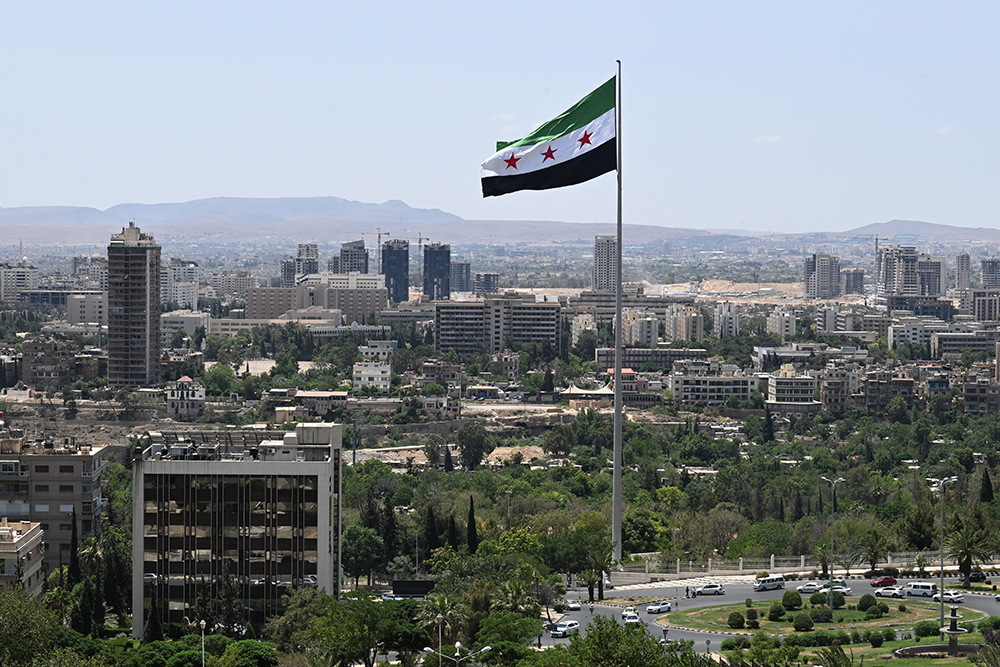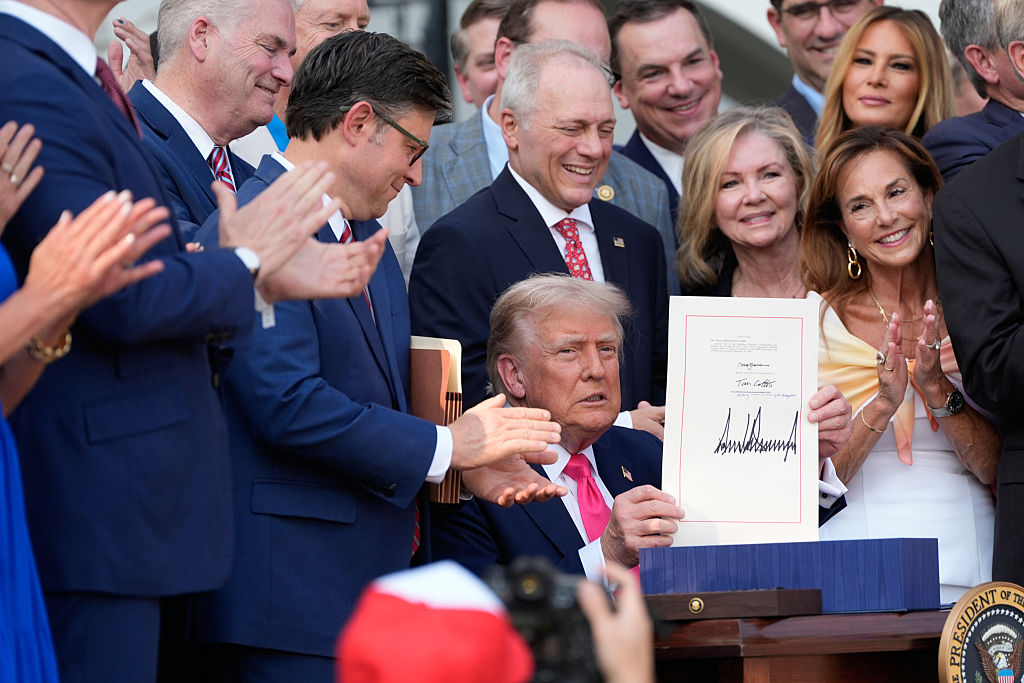Is there a fracture line in the values of Americans today? A regular narrative that continuously emerges is that President Trump’s values are rural ones, while those living in U.S. cities are sympathetic to the “urban” values of democratic socialists like Alexandria Ocasio-Cortez in New York City.
With the impending opening on the Supreme Court and its tangible impact on social policy, questions about which values best represent America have been increasingly salient.
At first glance, the “urban-rural” divide seems reasonable.
From varied strands of path-dependent economic development, industrialisation, and demographic history, urban-rural differences inevitably exist because the United States is such a vast country. Moreover, regular accounts emerge which highlight regional differences. The Pew Research Center has noted in an often cited report that urban differences in stated partisanship are increasing as are perceptions that Americans who live one form of urbanity simply do not understand the problems and values of those in differing conurbations.
The problem with this entire geographic line of thinking is that a look at actual opinion data regarding President Trump and his values reveals widespread dislike for his worldview, and the notion that rural areas epitomise and are embracing his policies accordingly is simply false.
A 2016 national CNN/ORC poll examined values explicitly with geography as a consideration and asked over a thousand Americans whether or not Donald Trump “shares your values.” Unsurprisingly, only 28 per cent of city dwellers and 38 per cent of suburban residents agreed with the idea that Trump shares their values. As for rural Americans, 47 per cent agreed that Trump shared their values — higher than urban dwellers but not a majority or close to the so-called “landslide” value of 60 per cent.
Additionally, when these same respondents were asked whether or not Trump was “someone you would be proud to have as president,” the numbers were practically identical to the values question. Few rural voters — 44 per cent — said that they would be proud with Trump in the Oval Office. One quarter of urban residents, and one-third of suburban Americans, also stated that they would be proud with Trump as their President. Again, there are differences of opinion between the two — but hardly a situation where rural Americans are extremely supportive of Trump compared to urban Americans.
In fact, looking at the same question of values for Hilary Clinton reveals even smaller geographic differences. 44 per cent of both suburban and urban Americans stated that they believe Clinton shares their values — not a landslide despite the fact that most urban areas are Democratic strongholds. 34 per cent of those in rural areas agree that Clinton shares their values. Similarly, on the question of being proud to have Clinton as President, only 46 per cent of urban and suburban Americans said that they would be proud, versus only 37 per cent in rural areas.
While one poll may not be illustrative, in and of itself, other polls regularly confirm similar trends regarding values and Trump. A May 2016 New York Times national poll of registered voters asked respondents “Do you think Donald Trump shares your values, or not?” 19 per cent of urbanites agreed compared to 36 per cent of rural Americans — a jump but not more than a third of the population. Only a third of the population support Trump’s worldview. This makes it hard to claim that the values of rural Americans reflect the ideas and actions of President Trump.
There has been a jump in support for Trump’s values from those who identify as Republicans. Pooling New York Times polls from January and March of 2016 which asked registered Republicans what they thought of Trump’s values, 51 per cent of those in urban areas believed that they shared values with Trump, and 58 per cent of rural and suburban Republicans did also. Again, these numbers are close to, but not landslide figures. Additionally, the difference among all three groups is not significant. Partisan sub-groups have emerged and support Trump, but it is absolutely not the case that rural partisans uniformly support Trump and his values, or that Republicans — wherever they reside — are all that different in terms of their support.
Finally, in thinking about rural Republicans in 2017, the dominant form of political identification for rural Americans was not Republican- there were three large fractures: Independents were at 36 per cent compared to 34 per cent for the GOP and 26 per cent for Democrats. Looking at how identification has changed over the past two decades, the data reveals a decline of Democrats and a rise for Independents with Republicans being fairly stable at a third of the population. Collectively, this shows that while the third of rural voters who are Republicans support Trump’s values at moderate levels, there are still two-thirds of rural voters who are not Republicans and simply do not agree with Trump’s values in significant numbers.
So, as the Senate gears up to battle over Brett M. Kavanaugh, Trump’s new Supreme Court nominee, there will be cries about polarisation and rural values and priorities being front and centre at the expense of cities and suburbs. It is useful to have a reality check and realise that rural areas do indeed lean more toward Trump but certainly are not championing the President and his policies.
Samuel J. Abrams is professor of politics at Sarah Lawrence College and a visiting fellow at the American Enterprise Institute.

























